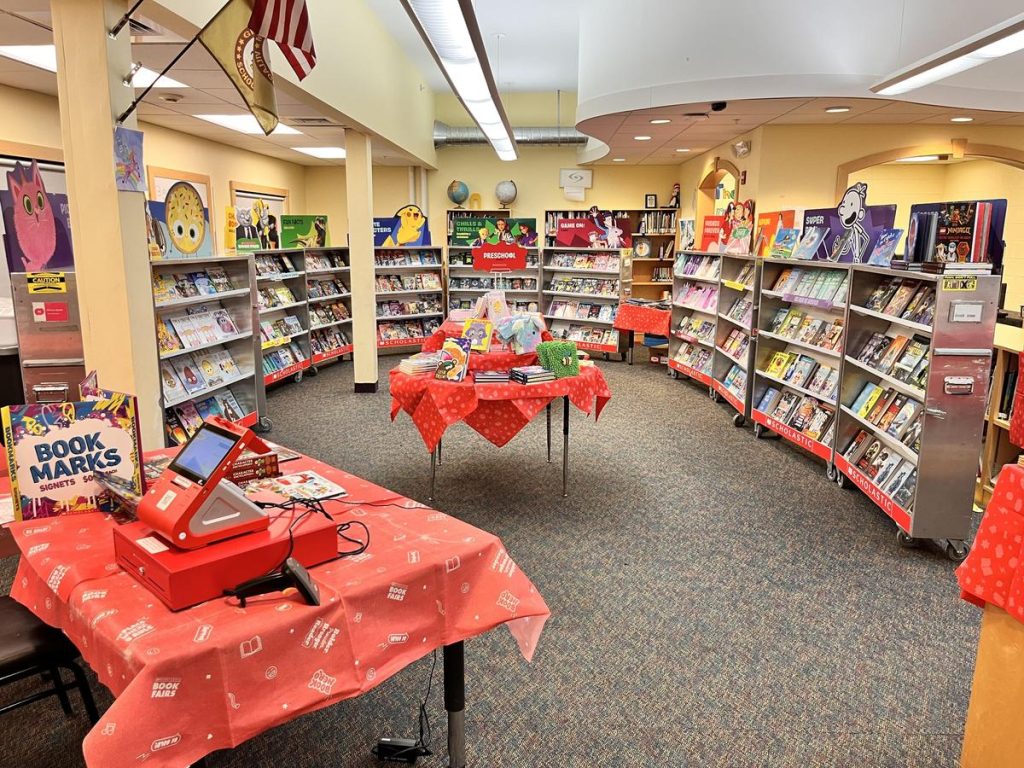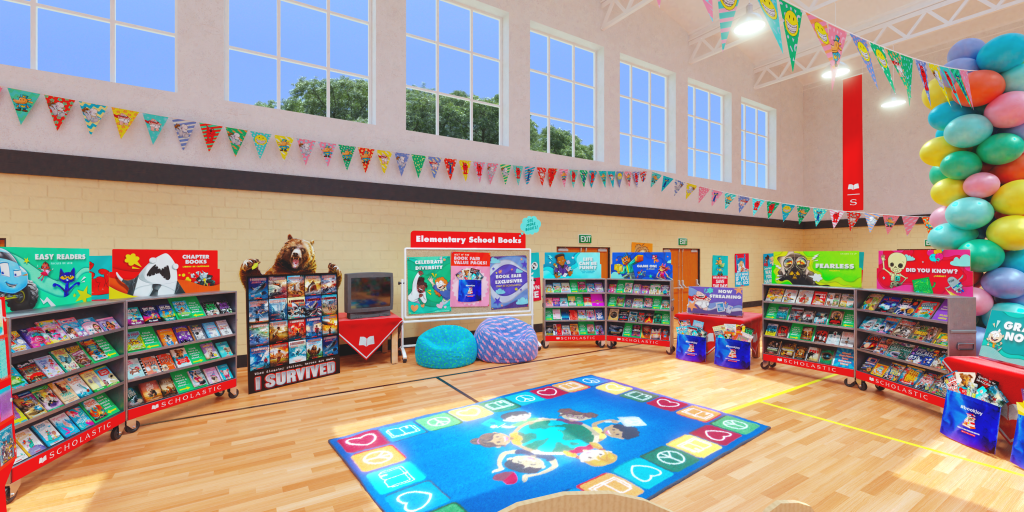Book fairs are a cultural phenomenon that has a big impact on knowledge preservation and diffusion. They are more than just busy gathering places for readers and authors. These literary fairs are unique among the plethora of book-related events in that they let varied literary groups interact and offer a venue for book celebrations. It’s crucial to comprehend how literary fairs interact with libraries and archives—organizations dedicated to the exchange and preservation of knowledge—in order to really comprehend their significance.
What Part Book Fairs Play
Publishers, writers, and readers get together to celebrate books at lively book fairs. These literary fairs frequently host panel discussions, workshops, and author signings, offering a forum for literary conversation and exploration. They act as a market for books, showcasing recent publications and unearthing rare gems. The appeal of a book fair is its capacity to provide something for every reader, be it an impending first work or a sought-after classic.

Archives & Libraries: Keepers of Knowledge
Essential organizations devoted to the preservation of books and historical records are libraries and archives. Libraries serve as community centres by providing access to a vast array of books and materials, whereas archives focus on preserving historical records and papers that hold permanent value. Both are essential to the advancement of research, education, and literacy.
Public libraries serve as places where people can access a wide range of information, including historical literature and blockbusters from the contemporary era. They offer workshops and educational activities that encourage community involvement and lifetime learning. On the other side, archives concentrate on the preservation of records, manuscripts, and papers that provide light on historical occurrences and cultural heritage.
Read More: The Significance of Historical Landmarks: A Journey Through National Historic Landmarks
Book fairs and libraries/archives working together
Book fairs and libraries/archives have a complementary and synergistic interaction. Here’s how to do it:
Encouraging the Culture of Literature
To advance literary culture, book fairs and libraries frequently work together. Library-sponsored events, including book signings and readings, are a common fixture at fairs; they draw crowds and encourage a love of reading. Libraries make use of these occasions to highlight their own activities and collections in an effort to close the information gap between readers and the resources they offer.
Endorsing Preserve Initiatives
literary fairs help libraries and archives by bringing in uncommon and unusual things. Libraries can purchase these discoveries to add to their collections, as rare book dealers and collectors frequently showcase their finds at book fairs. literary fairs provide archives with historical records and manuscripts that they can add to their collections.
Learning Possibilities
Libraries and archives might benefit from the educational elements that are frequently included in fairs for books, such as panels and lectures. These conferences give librarians and archivists the chance to gain knowledge about contemporary publishing trends, preservation methods, and archival administration. Furthermore, the educational sessions held at book fairs may serve as an inspiration for libraries to hold related events in their local communities.
Involvement with the Community
Libraries and archives, as well as book fairs, function as community centres. Libraries can utilize fairs for books to interact with readers and advertise their services since they draw a wide range of audiences. Book fairs are an excellent way for archives to spread the word about their mission and the value of conserving historical materials.

Possibilities and Difficulties
Libraries and archives, as well as book fairs, have difficulties in spite of all their advantages. Remaining relevant in the digital age, with e-books and online resources becoming more and more popular, is the biggest problem facing literary fairs. Meanwhile, funding, space limitations, and the constant need to digitize and maintain their holdings provide challenges for libraries and archives.
But there are also advantages to these difficulties. literary fairs can use digital resources to reach a wider audience and interact with people around the world. Technology can be used by libraries and archives to improve public access to their collections and support their preservation efforts.
The Prospects for Libraries and Archives and Book Fairs
It’s probable that book fairs will integrate digital technologies more in the future. Online platforms and virtual literary fairs can supplement traditional events, facilitating participation from all over the world. In order to conserve and distribute knowledge in creative ways, libraries and archives will continue to develop and integrate new technology.
In summary
Libraries, archives, and literary fairs are related organizations that work together to promote a culture of knowledge and conservation. Libraries and archives put forth great effort to preserve and disseminate knowledge, whereas literary fairs honour literature and offer a venue for books to be purchased. Together, these organizations contribute to preserving the printed word’s value and accessibility for upcoming generations. The future will see the continued importance of the partnership between literary fairs and libraries/archives in advancing literacy, safeguarding the past, and enhancing our cultural legacy.








